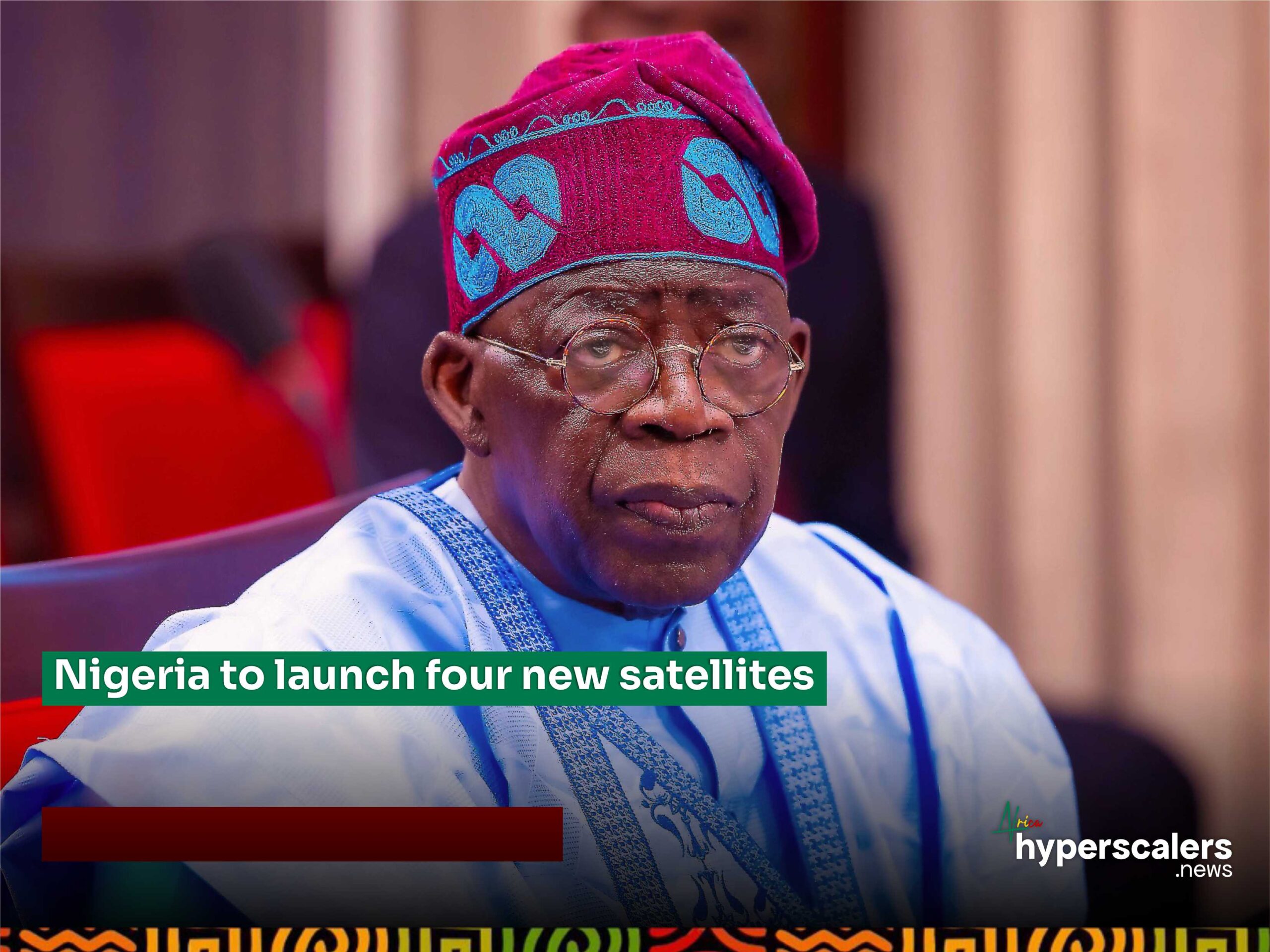Nigeria’s President Bola Tinubu has approved the launch of four new satellites to enhance Nigeria’s space technology capabilities. The announcement came from Dr. Matthew Adepoju, Director General of the National Space Research and Development Agency (NASRDA), during the 8th Brigadier General Michael Agu (Rtd) Annual Distinguished Lecture and Awards Ceremony at the Obasanjo Space Centre in Abuja. The event, themed “Nigeria’s 21 Years in Space: Achievements, Challenges, and Prospects,” celebrated the country’s milestones in space technology. Dr. Adepoju highlighted NASRDA’s vision to position Nigeria as a key player in both the African and global space industries.
According to Dr. Adepoju, the plan includes launching three satellites with optical payloads, alongside one Synthetic Aperture Radar (SAR) satellite to replace the current Cintetic Reader satellite. He noted that many of Nigeria’s current satellites have either deorbited or are nearing the end of their missions, making these new launches critical for maintaining the country’s presence in global space development. This move underscores Nigeria’s commitment to improving its technological infrastructure and staying competitive in the global space economy.
Dr. Adepoju also stressed the importance of private-sector-driven initiatives to accelerate space development. He stressed that the government alone cannot carry the National Space Programme forward, calling for greater private-sector involvement. “The government cannot drive the National Space Programme independently,” he stated, adding that NASRDA is already working on programs with China and Russia to advance Nigeria’s role in space technology. The goal is to foster opportunities for private-sector participation in Nigeria’s growing space ecosystem.
Former President Olusegun Obasanjo, who spoke at the event, shared his disappointment that Nigeria had not launched more satellites by now, despite having the necessary groundwork in place. He explained that the original space program was designed for Nigerian and Chinese engineers to collaborate on the first and second satellites, with only Nigerian engineers handling the third. However, that plan never materialized. “It is not enough to have good policies, and Nigeria is not in short supply of good policies,” Obasanjo remarked. “Visit our archives; they serve as a burial ground for unexecuted policies, and as a result, we find ourselves where we should not be.”
Professor Rabiu Babatunde, Research Director at NASRDA, proposed several solutions to address these challenges. He emphasized the need to replace ageing space assets with new satellite constellations, revise strategic roadmaps, and establish stronger international partnerships. He also called for the commercialization of research outputs, the development of industrial engineering capabilities, and the creation of a space technology innovation fund. Babatunde highlighted the importance of adopting a public-private partnership model to ensure sustainable growth and innovation in Nigeria’s space sector.





